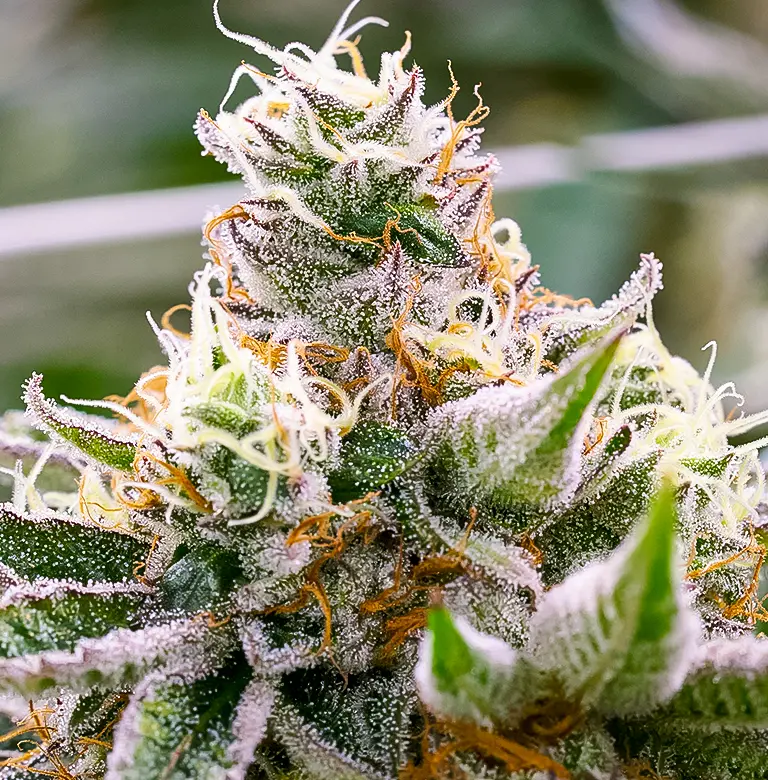The Healing Power of Medical Cannabis: a Deep Dive Into Its Potential to Deal With Different Disorders
In recent years, the discussion around the healing capacity of medical marijuana has actually gotten considerable traction within the medical neighborhood. The developing landscape of clinical cannabis presents a complicated tapestry of possible benefits that call for a closer evaluation, losing light on a world of treatment opportunities that proceed to intrigue specialists and people alike.
Healing Advantages of Clinical Marijuana
In the realm of modern medication, the healing advantages of clinical marijuana have become an encouraging method for treating numerous wellness problems. The active compounds in marijuana, known as cannabinoids, interact with the body's endocannabinoid system to generate a variety of results that can be beneficial for patients. Among one of the most widely known cannabinoids is cannabidiol (CBD), which has obtained focus for its prospective anti-inflammatory, analgesic, and anxiolytic residential or commercial properties without the psychedelic results frequently related to tetrahydrocannabinol (THC)
Medical marijuana has shown certain promise in alleviating chronic discomfort, spasticity connected with several sclerosis, queasiness and vomiting in chemotherapy individuals, and symptoms of particular neurological conditions like epilepsy. Study is also discovering its possibility in taking care of psychological wellness conditions such as anxiety, clinical depression, and trauma. Additionally, clinical marijuana is being examined for its anti-inflammatory buildings, which can have effects for problems like arthritis and inflammatory digestive tract condition.
Alleviating Persistent Pain With Marijuana
Having shown effectiveness in resolving a spectrum of health and wellness conditions, medical marijuana significantly beams in its capacity to give relief for people coming to grips with chronic discomfort. Chronic discomfort, identified by its persistence and incapacitating nature, affects millions worldwide, often significantly impacting quality of life. Standard pain administration techniques, such as opioids, may include damaging adverse effects and the danger of reliance, driving lots of individuals to look for different options.
Clinical marijuana has actually arised as an appealing option for chronic discomfort administration because of its analgesic homes. The cannabinoids present in marijuana, specifically tetrahydrocannabinol (THC) and cannabidiol (CBD), engage with the body's endocannabinoid system to assist manage pain perception and inflammation. Studies have actually revealed that clinical marijuana can effectively minimize chronic discomfort connected with problems like joint inflammation, fibromyalgia, several sclerosis, and neuropathy. Moreover, marijuana provides a more natural and potentially safer option to standard discomfort medicines for long-lasting usage.

Handling Stress And Anxiety and Stress And Anxiety
Medical marijuana presents a viable choice for people seeking alleviation from anxiousness and stress and anxiety due to its possible soothing results on the body and mind. By possibly influencing the launch of natural chemicals and regulating anxiety action, clinical marijuana shows assurance in providing a natural option for taking care of these conditions.
In addition, unlike traditional anti-anxiety medications that might include undesirable adverse effects or risk of dependence, clinical marijuana uses a potentially more secure option for people aiming to ease anxiety and anxiety. It is essential for individuals considering clinical marijuana for these functions to seek advice from with a healthcare provider educated concerning medical cannabis to make certain reliable and secure use.
Cannabis for Neurological Disorders
Study has actually revealed promising capacity in utilizing marijuana for taking care of neurological conditions. Neurological problems include a my sources series of problems impacting the mind, spine, and nerves, such as epilepsy, numerous sclerosis, Parkinson's disease, and Alzheimer's illness. Cannabis, with its active substances like THC and CBD, has actually shown neuroprotective, anti-inflammatory, and antioxidant properties that might benefit people with these disorders.

While even more scientific trials are needed to completely recognize the efficiency and safety of cannabis for neurological conditions, preliminary findings are motivating and warrant further examination into the therapeutic potential of this plant for improving the lives of those affected go to website by such problems. - Medical Cannabis Card
Potential of Cannabis in Cancer Treatment
The broadening perspective of clinical cannabis applications extends to the capacity of leveraging its buildings in cancer therapy, supplying a brand-new opportunity of exploration in taking advantage of the healing benefits of this plant for resolving complicated health and wellness difficulties. Marijuana shows promise in cancer treatment as a result of its possible to ease symptoms connected to the disease and its therapy, such as discomfort, nausea, and loss of cravings. Additionally, cannabinoids, the active substances in marijuana, have actually demonstrated anti-tumor impacts in preclinical research studies, revealing their capacity in preventing the development of cancer cells.
Moreover, marijuana may help in taking care of the side impacts of standard cancer treatments like radiation treatment, potentially boosting patients' lifestyle throughout treatment. While even more research study is required to totally recognize the mechanisms behind marijuana's prospective anti-cancer homes and Look At This its efficacy in various types of cancers, the preliminary findings suggest that clinical marijuana can play a beneficial function in the future of cancer treatment. As the exploration of cannabis in oncology proceeds, it holds assurance as a complementary strategy to traditional cancer cells therapies, offering individuals a potentially effective and well-tolerated option in their therapy routines.
Conclusion
Finally, clinical cannabis has shown encouraging possibility in dealing with a variety of conditions, including persistent discomfort, anxiety, stress and anxiety, neurological disorders, and cancer. Its therapeutic benefits have actually been progressively acknowledged by the medical community, with continuous research study highlighting its efficiency in taking care of these problems. As more researches are carried out, medical cannabis might come to be an important treatment choice for people struggling with these devastating ailments.
In recent years, the conversation around the restorative capacity of medical marijuana has actually gained substantial grip within the clinical neighborhood. The progressing landscape of medical marijuana offers a complex tapestry of possible advantages that warrant a closer assessment, shedding light on a world of treatment opportunities that proceed to intrigue experts and patients alike.
